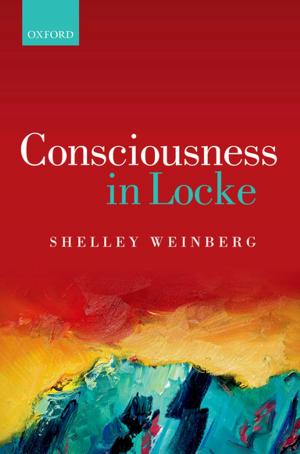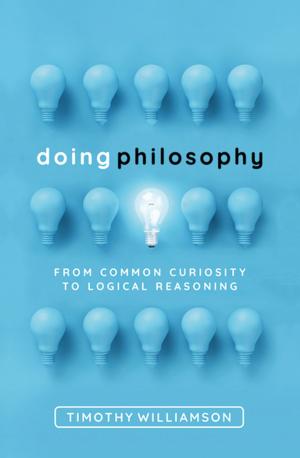Intellectual Assurance
Essays on Traditional Epistemic Internalism
Nonfiction, Religion & Spirituality, Philosophy, Epistemology| Author: | ISBN: | 9780191030345 | |
| Publisher: | OUP Oxford | Publication: | February 25, 2016 |
| Imprint: | OUP Oxford | Language: | English |
| Author: | |
| ISBN: | 9780191030345 |
| Publisher: | OUP Oxford |
| Publication: | February 25, 2016 |
| Imprint: | OUP Oxford |
| Language: | English |
This volume presents a dozen essays by prominent contemporary epistemologists providing a careful examination and critical evaluation of traditional epistemic internalism. Unlike competing versions of internalism, the guiding principle of traditional internalism is not to accommodate our commonsense nonskeptical views about the rationality of our ordinary beliefs, but to emphasize the need for strong skepticism-resistant intellectual assurance that our ordinary beliefs (perceptual and otherwise) are true. The essays focus on what traditional internalism has to say about the following three topics: the nature of non-inferentially justified belief, the nature of inferentially justified belief, and the best way to respond to skepticism. The end product is a volume containing many probing objections to traditional internalism, pushing its proponents to provide creative new defenses if they want this old-fashioned view to survive in the modern world.
This volume presents a dozen essays by prominent contemporary epistemologists providing a careful examination and critical evaluation of traditional epistemic internalism. Unlike competing versions of internalism, the guiding principle of traditional internalism is not to accommodate our commonsense nonskeptical views about the rationality of our ordinary beliefs, but to emphasize the need for strong skepticism-resistant intellectual assurance that our ordinary beliefs (perceptual and otherwise) are true. The essays focus on what traditional internalism has to say about the following three topics: the nature of non-inferentially justified belief, the nature of inferentially justified belief, and the best way to respond to skepticism. The end product is a volume containing many probing objections to traditional internalism, pushing its proponents to provide creative new defenses if they want this old-fashioned view to survive in the modern world.















